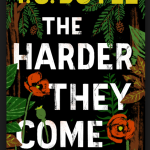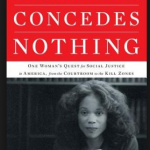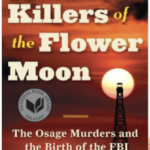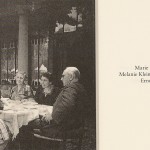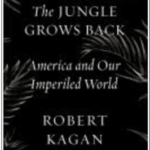My Father’s Paradise by Ariel Sabar
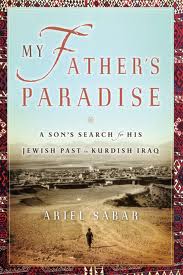 My Father’s Paradise: A Son’s Search for His Family’s Past
My Father’s Paradise: A Son’s Search for His Family’s Past by Ariel Sabar
A journalist who grew up in Los Angeles born to immigrant parents from Kurdistan rethinks his alienation from his father at the time of the birth of his own son and goes on a journey to understand as much as he can about the life of his father. He ultimately travels to modern day Iraq with his father to seek a better insight into the details of his fathers past and the roots of his fascinating culture. We first meet the father who is the same age as I am , as an older man, who has been a very successful Professor Aramaic Language, an almost extinct language from an almost extinct culture, at UCLA. The story than goes back to the reconstructed life of the authors great grandfather, a spiritual and scholarly man and the birth of the authors father. We follow the childhood of Yona in the streets of Zalho in northern Iraq through his youth and immigration (perhaps better described as his expulsion)at the time of his Bar Mitzvah, with his family, from their homeland to settle in Israel. We come to appreciate the poor treatment of the Kurdish Jews even in Israel where they were the low people on the totem pool. We see Yona’s coming of age in Israel and follow his college days where he realizes that the fact that he speaks and reads the dying language of his youth is valued by his professors and becomes his calling ultimately as a teacher and scholar. In pursuit of this interest he travels to the US to study at Yale and ultimately settles in America. The careful documentation of his life by his son not only is a fascinating story in itself but it also is an exquisitely researched history of nearly 4 thousand years of a group of Jews that for much of this time were isolated from the trials and tribulations of the other peoples of Israel. Sabar utilizes ancient Hebrew writings, the limited number of scholarly texts that exist in the world and then adds the stories passed down through his own family. While his father’s mission in life was to preserve the heritage of his ancestors by teaching, studying and writing about his native language, his son has ultimately complimented his father’s life work by now by writing this book. He brings to this endeavor his journalistic skills and zeal which is now driven by his personal desire to bridge the gap between his father and himself which he established in his youth. This is best illustrated by his obsession to understand the fate and meet if possible his father’s older sister who shortly after her birth was given by his mother to a nearby tribal women to nurse since her own milk had dried up. They never saw the women or this child again although her mother never got over this loss. The author feels if he could somehow find her he will not only achieve a journalistic “get”(meaning the ultimate scoop) but he will make up for his rejection of his father for most his life. While the father of the author is the central character, his grandmother, mother and his own wife are characters in the book as also we meet them in their youth and follow their history in relationship to the author. This is a great personal story and a very valuable history book. It also stimulated me to think about my own relationship with my father and my own children. While our own history was quite different and I certainly did not have the alienation that Sabar described. Many years after his death, I did have a need to understand and chronicle my father’s story. I ultimately put together a very small book of pictures with stories which I could gather from others . In a small way I appreciate the need and passion of Sabar and imagine some day my children will probably feel the same way.
Category: AM - Autobiography or Memoir, HI - History | Tags: Aramaic, Ariel Sabar, Iraq, Jewish, Kurdistan, My Father’s Paradise Comment »



